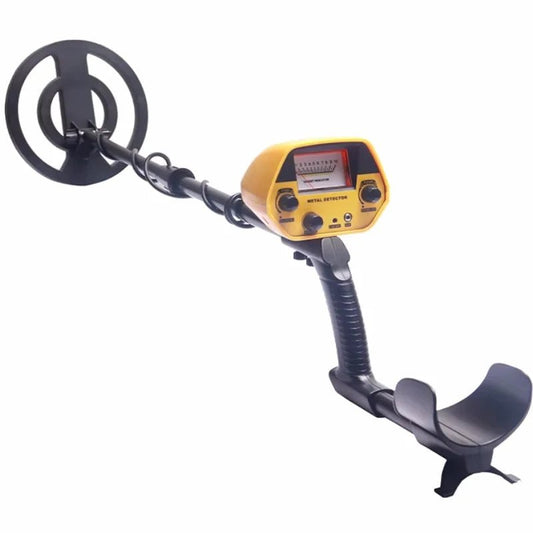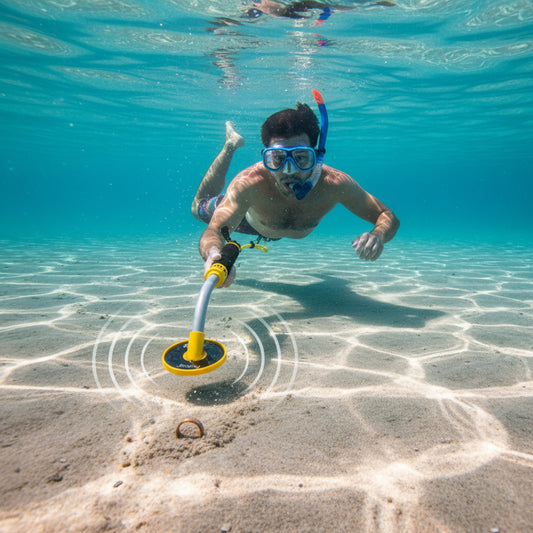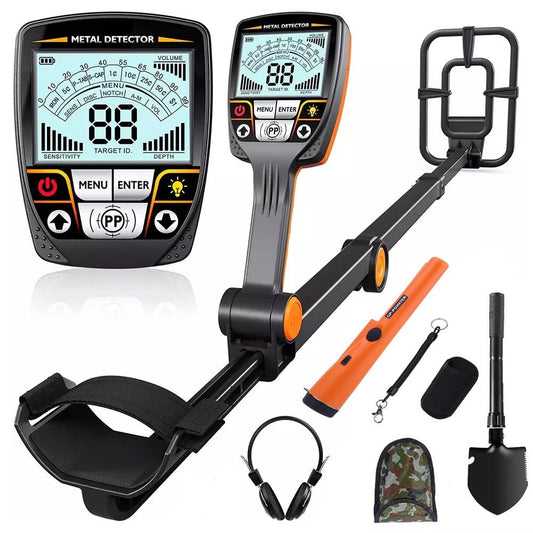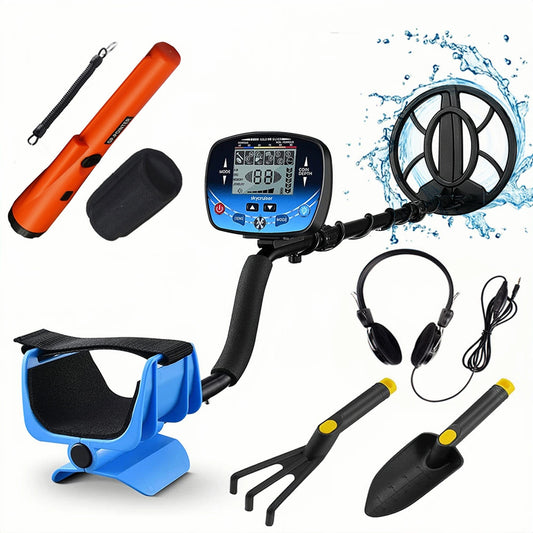
Are You Allowed to Metal Detect in State Parks? A Comprehensive Guide
Share
Metal detecting can be an exciting hobby, offering the thrill of discovery and a connection to history. However, when it comes to metal detecting in state parks, the rules can be complex and vary widely.
This comprehensive guide will answer the question, "Are you allowed to metal detect in state parks?" and provide valuable insights for enthusiasts in 2025.
So Are You Allowed To Metal Detect in State Parks?
The short answer is: it depends on the state and the specific park.
Regulations for metal detecting in state parks can vary significantly from one state to another and even between parks within the same state.
State-by-State Regulations

Here's a general overview of metal detecting regulations in state parks across the United States:
Prohibited States: Some states, like California, generally prohibit metal detecting in state parks.
Permissive States: Others, like Florida, allow metal detecting in certain areas of some state parks.
Permit-Required States: Many states require specific permits for metal detecting in state parks.
Always check with the specific state park or state park system for the most up-to-date regulations.
Common Rules for Metal Detecting in State Parks
When metal detecting is allowed in state parks, it often comes with strict guidelines:
Designated Areas: Detecting may be limited to specific zones within the park.
Surface Hunting Only: Many parks prohibit digging or disturbing the ground.
Leave No Trace: Detectorists are typically required to remove all trash they find.
Report Significant Finds: Historical or valuable items may need to be reported to park authorities.
How to Get Permission for Metal Detecting in State Parks

If you're interested in metal detecting in state parks, follow these steps:
Research State Laws: Check your state's regulations regarding metal detecting in parks.
Contact Park Authorities: Reach out to the specific park you wish to detect in.
Apply for Permits: If required, submit all necessary permit applications.
Join a Club: Local metal detecting clubs often have established relationships with park authorities.
Best Practices for Metal Detecting in State Parks
When you are allowed to metal detect in state parks, follow these best practices:
Respect Boundaries: Stay within designated detecting areas.
Minimize Impact: Use pin-pointers to reduce unnecessary digging.
Fill Holes: If digging is allowed, always refill any holes you make.
Be Courteous: Respect other park visitors and wildlife.
The Benefits of Metal Detecting in State Parks

When permitted, metal detecting in state parks can offer unique advantages:
Historical Significance: Many state parks have rich histories, offering exciting find potential.
Natural Beauty: Enjoy stunning landscapes while pursuing your hobby.
Well-Maintained Areas: State parks often provide easier terrain for detecting compared to wild areas.
Alternatives to Metal Detecting in State Parks
If metal detecting isn't allowed in your local state parks, consider these alternatives:
National Forests: Many allow metal detecting with some restrictions.
Beaches: Public beaches often permit metal detecting. Learn All About Beach metal detecting
Private Land: With owner permission, private property can be an excellent option.
The Future of Metal Detecting in State Parks
As we look towards 2025 and beyond, several factors may influence metal detecting regulations in state parks:
Technological Advancements: New, less invasive detecting methods may lead to more permissive policies.
Archaeological Partnerships: Collaborations between detectorists and archaeologists could open up new opportunities.
Environmental Concerns: Increased focus on conservation may lead to stricter regulations in some areas.
Conclusion: Navigating the Complex World of State Park Metal Detecting
So, are you allowed to metal detect in state parks? The answer varies, but with proper research and respect for regulations, many enthusiasts can enjoy this hobby in state parks across the country. Always prioritize following the rules, preserving the environment, and respecting the historical significance of your finds.
Remember, the joy of metal detecting comes not just from what you might find, but from the experience of connecting with history and nature. Whether you're able to detect in state parks or need to explore other options, approach your hobby with respect, responsibility, and a sense of adventure.
Happy (and responsible) hunting!





1 comment
I have a permit to metal tech beaches in State Park, can I metal detect around campsites, picnic areas or other creeks and river beds? In state parks